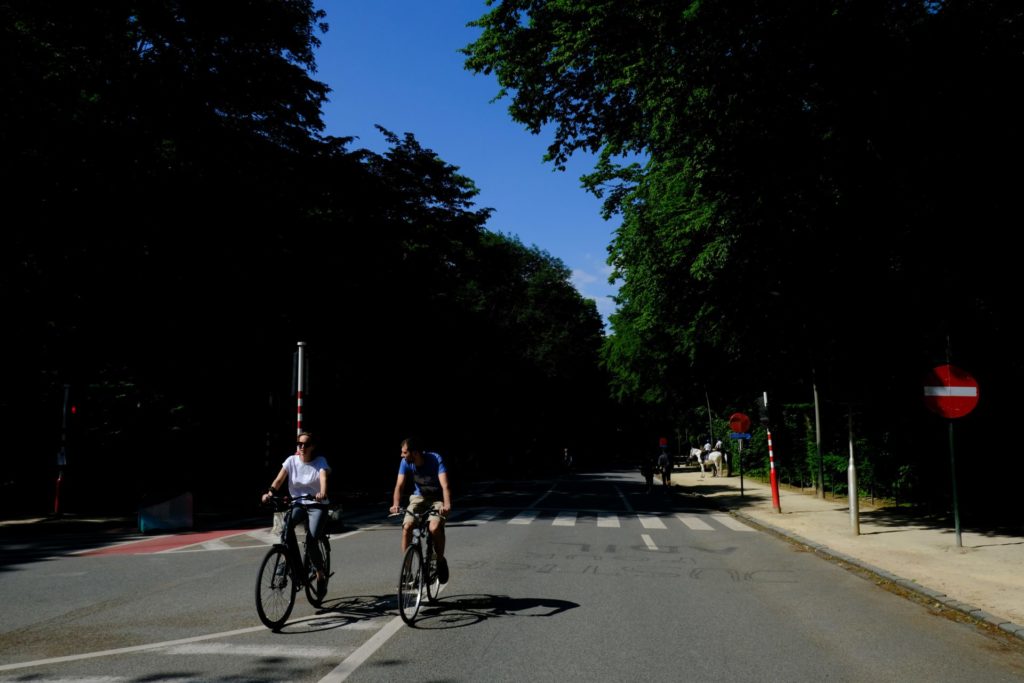A recent survey of Brussels residents asked whether or not the popular city park should be opened to vehicle traffic, with either limited or unrestricted access for cars - a debate the city has been having for some time now.
The new study, done with researchers from VUB and ULB along with the Brussels Studies Institute (BSI), asked respondents what they wanted for the park, and found that their opinions generally fell along predictable demographic lines.
“The findings show that it’s mainly people living in the central areas of Brussels and people with less access to green spaces who want the entirety of the park closed to traffic,” said researcher Nicola da Schio.
“Older people and those who drive daily, on the other hand, would rather see the entire park open to traffic.”
Other factors that played a role in people’s responses included their age, where they live or work and their family situation.
The survey, conducted between 27 November and 7 December of last year, gathered 2,252 valid responses.
In addition to questions about what they want for the park’s future, the survey had questions regarding people’s current use of the park.
“The research did not intend to answer the question of what arrangement of the park receives the most public support, because we did not want to reduce it to a simple black or white question,” said da Schio.
The findings indicate a certain tension between prioritising a good flow of traffic and focusing on the recreational use of the park, according to a press release from VUB.
“Respondents of the Allow [unrestricted] Traffic group are older on average, with a mean age of 50. Pensioners and entrepreneurs are represented more (15% and 29% respectively),” VUB noted in its statement.
“People in this group also tend to live or work in the municipalities further away from the centre (e.g. only 21% live in the central municipalities) and more often use individual motorised transport (90% are regular car drivers vs the regional average of 36%).”
The supporters of banning all traffic, on the other hand, present a nearly opposite set of of statistics: “respondents are the youngest on average (mean age 41), are more likely to live in the city centre (62% live in the central municipalities of the region) and more often travel by bicycle (76% are regular cyclists vs 13% in the region).”
Regular users of public transport were generally underrepresented in the sample, VUB noted, and the people who expressed support for something in the middle (neither a total ban on cars nor total access for vehicles) had an intermediate demographic profile when compared to the other groups.
The results of the study were presented to representatives of the municipalities and the region on Friday in order to provide support for decision making.
“It is our hope that this study will lead to more nuance in the debate,” said da Schio.
“We were able to demonstrate that the life-work context, the dependence on certain means of transport and the access to green spaces play a crucial role. The decision on the Bois de la Cambre can only benefit from a broader discussion on and investigation of green spaces and mobility in the city.”

